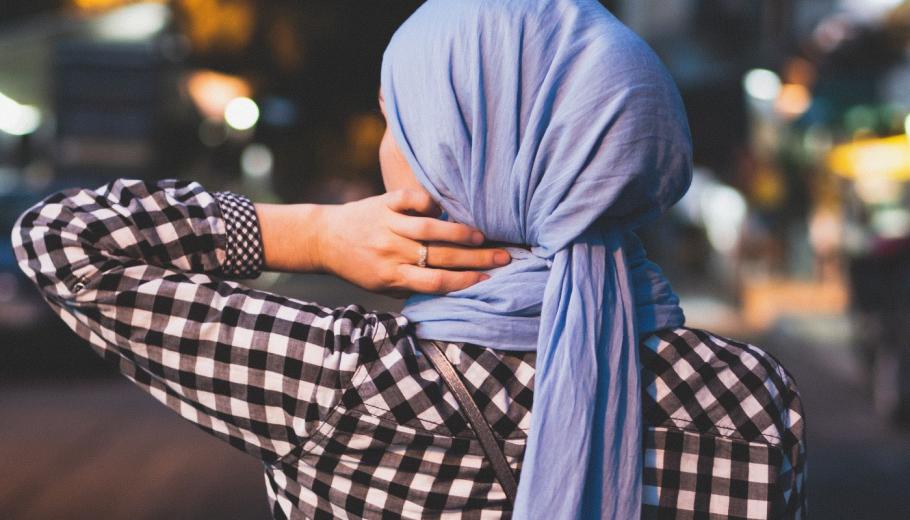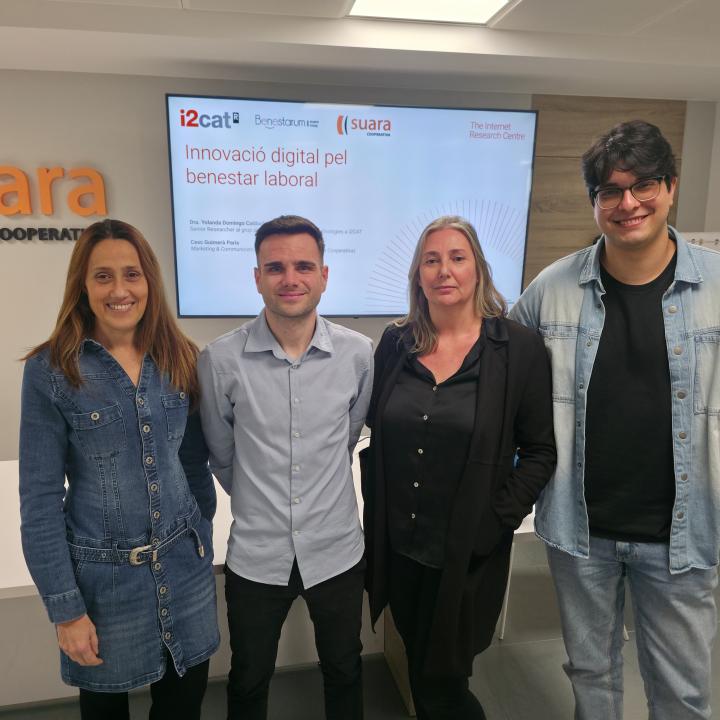A Suara study warns of the added difficulties of being a woman in the difficult journey to Europe
Es parla sovint dels homes migrants però molt poc de les dones migrants. En canvi, elles també realitzen l'arriscada travessa cap a Europa, en un percentatge menor però no per això menys important. En aquest camí, les dones i nenes que migren s'exposen a molts més perills i abusos per la seva condició: violència, trata, explotació, violacions… i fins i tot la mort són alguns dels riscos que afronten. Aquestes són les conclusions d'un estudi sobre el fenomen migratori femení, realitzat per Anna Salvadó Viella i Mireia Ferri Segura, responsables del Pis Les Salines i SPAAI La Muga respectivament, serveis gestionats per Suara Cooperativa. Amb aquest treball Suara va rebre recentment el reconeixement d’Entitat Responsable amb la Infància, atorgat per la junta directiva del Consejo Independiente de Protección de la Infancia.
We often hear about men migrants but very little about migrant women. On the other hand, they also make the risky crossing to Europe, in a smaller percentage but no less important. On this path, women and girls who migrate are exposed to many more dangers and abuses because of their condition: violence, trafficking, exploitation, rape... and even death are some of the risks they face. These are the conclusions of a study on the female migratory phenomenon, carried out by Anna Salvadó Viella and Mireia Ferri Segura, responsible for Pis Les Salines and SPAAI La Muga respectively, services managed by Suara Cooperativa. With this work, Suara recently received recognition as a Responsible Entity with Children, awarded by the Board of Directors of the Independent Council of protection of children.
How the fact of being a woman conditions and modulates migratory experiences? This was the starting point of the study, which aimed to give visibility to the phenomenon of female migration. Women suffer triple discrimination, for being women, migrants and poor. The work, based mainly on underage girls from Morocco, addresses the difficulties they face, both throughout the migration process and before departure or once they arrive in the host country.
Situations of vulnerability begin in their own country of origin, "even in contexts that we consider normalized and stable", due to the inequalities and violence generated by the patriarchal system. Poverty, wars, forced marriages, natural disasters, lack of freedom and opportunities... there are many reasons that force them to leave. But despite these harsh circumstances, there are few women who can finally emigrate, only 8% of the minor migrants who arrive in Spain are girls. It is a decision that has neither social nor family support, which makes them even more vulnerable when they decide to embark on the journey.The journey is full of dangers: exposed to being meat from sex mafias and victims of human trafficking, criminal networks that hide them , are even more invisible to our society.
Once they manage to reach the host country, migrant women experience all kinds of situations that generate a strong emotional impact on them. Nor does reality resemble what they had imagined, nor does culture have anything to do with it, nor can they communicate because of the language barrier. They also find it much more difficult to regularize their situation, which causes more inequalities and further increases their vulnerability. Migrant minors also have to fight against preconceived ideas and stereotypes.
Those who can overcome these situations thanks to good support and above all to their determination reach the next stage where different paths are considered: forging a new future with opportunities but staying in their traditions and customs, so that they can have community support, or rebuild their identity outside the traditional model. Acquiring new gender roles, moving away from those established in their culture, is not an easy decision as they feel pressure from family and people in the host country. However, whatever strategies girls use to fit in, there is one common element: they strive to achieve their goals, which they usually achieve. But for this a basic pillar is needed: having educational and psychological support in the host country.





